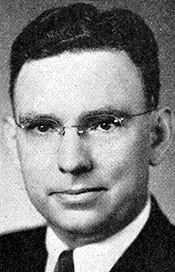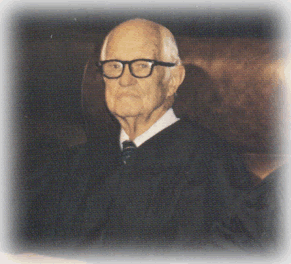Judging from the title, is this a dystopia? Didn't read the original TL
It's not a dystopia. The full title is "Ruins of a Party System", in reference to chaotic politics. Read the original TL if you want to know more.
Judging from the title, is this a dystopia? Didn't read the original TL
Judging from the title, is this a dystopia? Didn't read the original TL
Depends on your politics. If you're left-wing it's borderline utopian. If you're right-wing its a dystopian nightmare.Judging from the title, is this a dystopia? Didn't read the original TL
Nope, read the original three threads, it's worth it. You got backstabbing, New Deal policies on steroids, FBI Special Agent Richard Nixon taking on the Klan and so much more
Judging from the title, is this a dystopia? Didn't read the original TL
Sorry; somehow I forgot to include links to the original TL threads in the OP. That has now been rectified.Judging from the title, is this a dystopia? Didn't read the original TL
I figured this would be a way to show stuff going forward while also covering the events in depth. And in enough of a different style that it would be unique.Damn it @Emperor Julian I was going to use this very same style fairly soon!
Well not quite the same style as I was writing it as a screenplay, but I was caught a bit off-guard seeing you use it; so much for the potential of unique flair on my part.
Yes, more or less. CBS isn't the only private competitor to the ABC, but it's the biggest as of 2002 when this "documentary" aired.Given the references to CBS as privately-owned and presented as the rival of the ABC, I presume that they're basically equivalents of ITV and the BBC respectively?
I figured this would be a way to show stuff going forward while also covering the events in depth. And in enough of a different style that it would be unique.



Wow, the US$ isn't worth as much ITTL. Any reason?
At a guess, more federal spending, which means more inflation.
The gold standard was terminated ITTL, according to a quick search; maybe that went further than OTL and abolished convertibility of gold decades earlier than OTL. If that’s so, it’s another factor.
For comparison, Bill Gates, who held the title in our 2002, had a net worth of 43 billion, or about 60 billion adjusting for inflation. He was 20 times richer.Also the fact that the richest man in the US in 2002 had the equivalent of 3 billion dollars is a very good sign about the state of income inequality. It is clear that America is a much more economically equal country in ITTL present day.
Oh lordy lordy me...*$21 billion in Ruins 2002 is about 3.2 billion in 2017 dollars